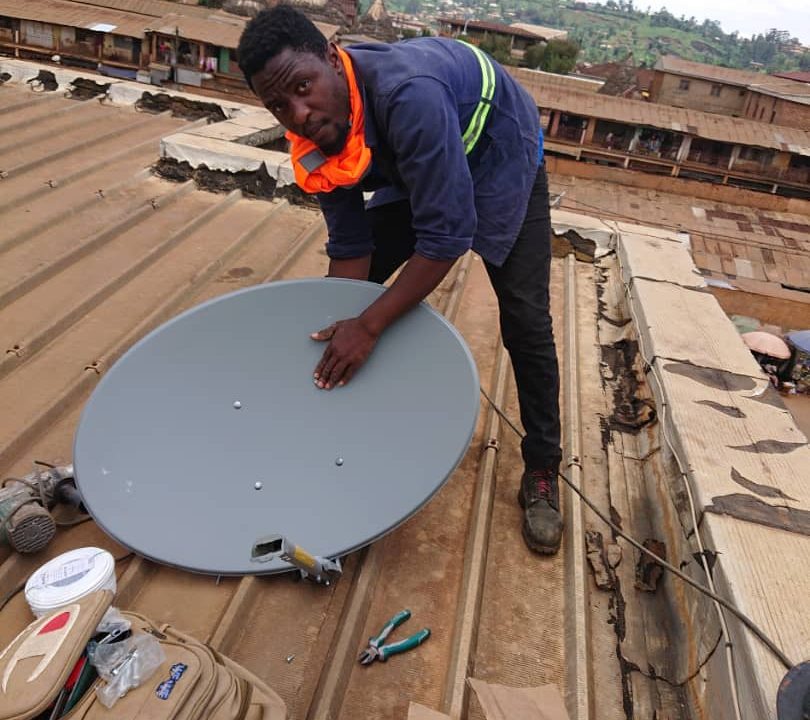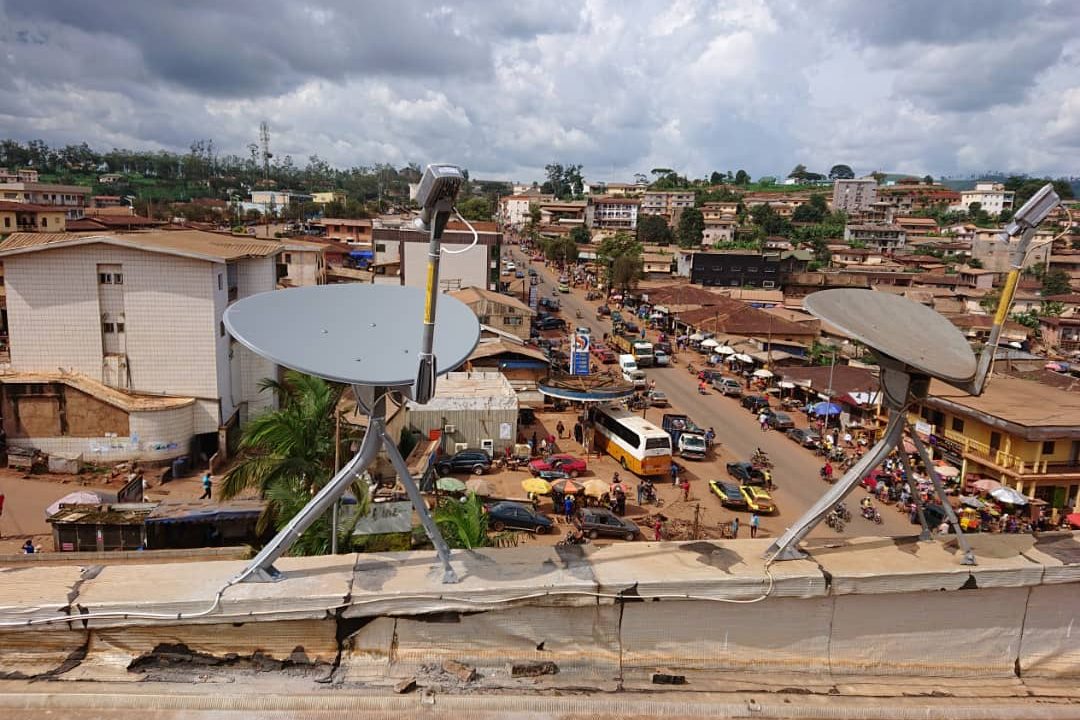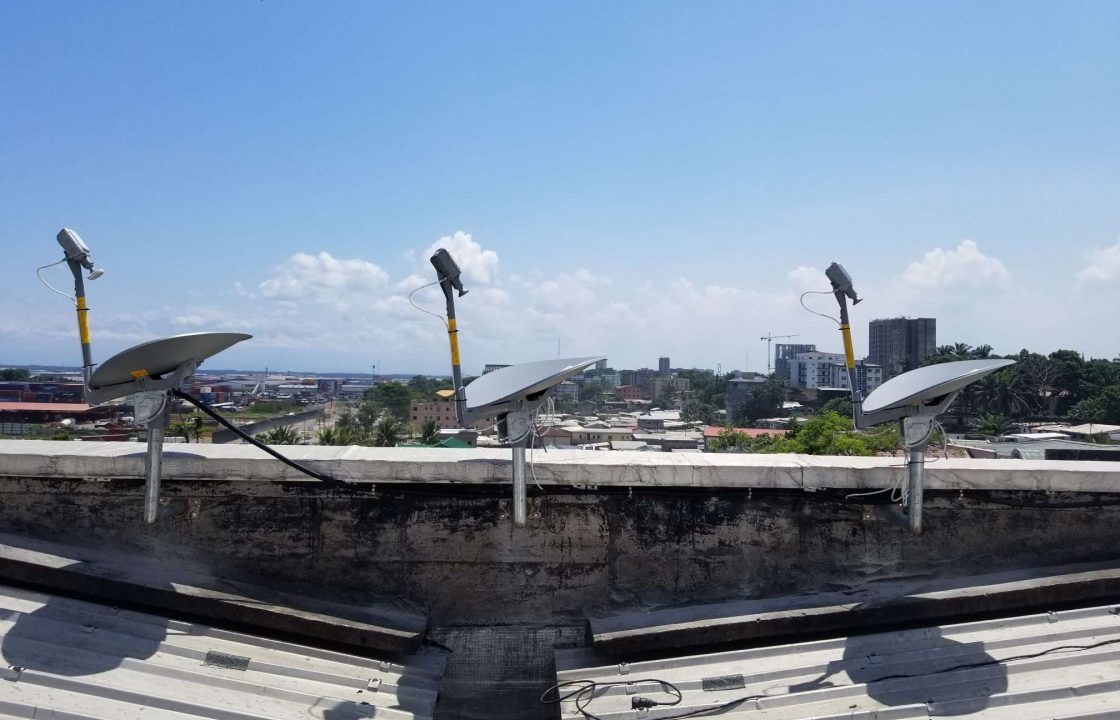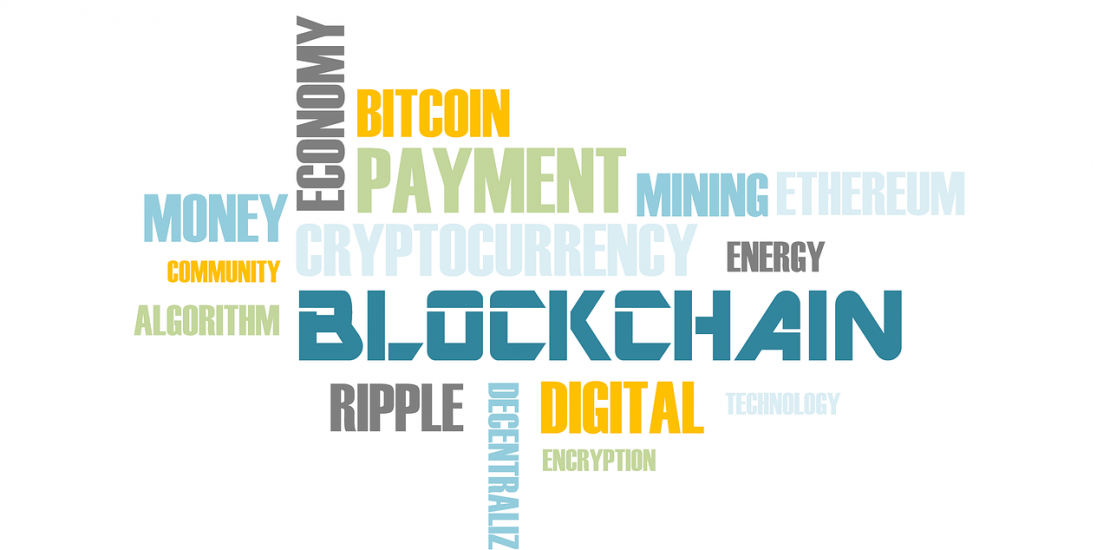
You probably have already heard about Bitcoin or cryptocurrencies, or even about Blockchain. But do you really know how does it work and what’s the point of this technology ? Let us explain everything.
What is Bitcoin and cryptocurrencies ?
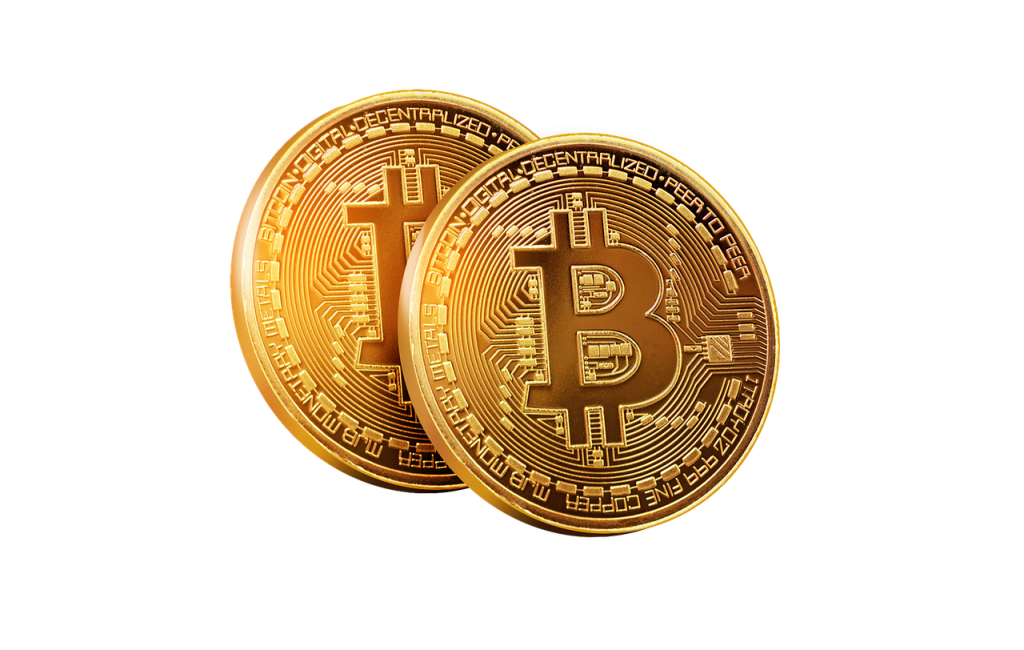
Bitcoin is a virtual currency created in 2008. This currency wants to replace every traditional currencies in the world (euro, dollar, etc). We call it cryptocurrency because this currency is based on a full encrypted process, which make it impossible to crack for now. One of the advantages of cryptocurrencies is that it’s not controlled by any bank, not by anyone. No one has control on it.
The main advantage of cryptocurrencies over “normal” currencies is the transaction speed. Today if you want to make a bank transfer to anyone, the transfer can take days, or even weeks. With cryptocurrencies such as Bitcoin, it will only take a few minutes to proceed the transfer. No matter where you send your Bitcoins to.
The value of Bitcoins depends on how much other people invest in it. Indeed, at the beginning of Bitcoin, the value of 1 bitcoin was much less than 1 dollar. And in December 2017, its value reached 20 thousand dollars!
The Bitcoin is not the only cryptocurrency that exists. There are more than 1000 different cryptocurrencies in the world ! Although all these currencies are different with different characteristics, there are all based on the same system. The Blockchain.
What is Blockchain ?
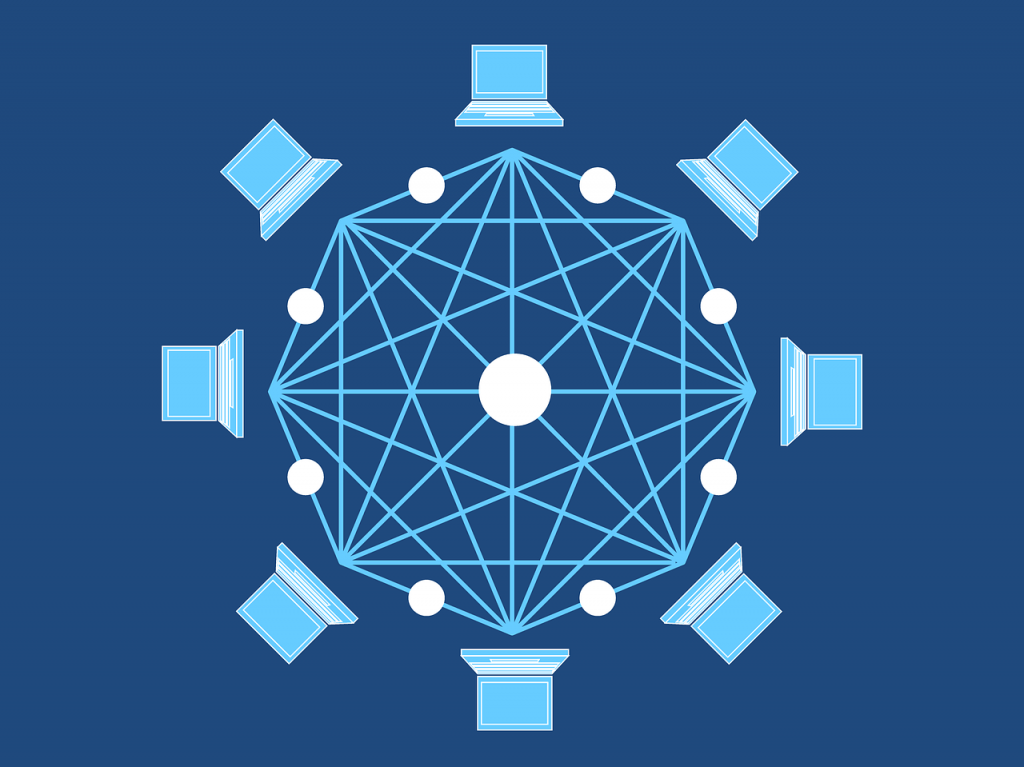
The system of Bitcoin rests on a decentralised network of computers named Blockchain. The specificity of a decentralised network is that this network is not located in 1 particular place. For instance, a bank is centralised : all the money is located at the same place, in the same building. With blockchain technology, it’s on thousands of servers around the world.
For the use of Bitcoin, blockchain technology allows a record of every Bitcoin transaction ever made to be stored, not in one place, but everywhere around the world. It brings speed, security, efficiency and trust. The blockchain network uses complicated algorithms to verify recordsm which makes it impossible to hack.
So let’s imagine that you want to secure your lastest cooking recipe. You can hide it in a safe somewhere, but it still can be stolen. Or you can put it on the blockchain. On this network, it will be fully encrypted and separated in thousands of servers all around the world. So if anyone wants to steal it from you, he would have to be able to hack all the servers of the blockchain at the same time, and then to be able to decrypt every part of the recipe and put them all together. Which is impossible. And if someone decide to hack a server from the blockchain to edit your recipe, he would only have access to 1 server. Once he edited the recipe on this server, every other blockchain server would see the change and undo it. So the recipe would remain unchanged.
Why is Blockchain the future of Africa ?
The first blockchain has been created for the Bitcoin 10 years ago. But since that time, the technology kept evolving and can now be used for other purposes, such as storing your cooking recipe for example. As it’s opensource, everyone can create its own blockchain for the purpose he wants.
There is an infinity of potential use for the blockchain in Africa. From fast local currencies to international secured data sharing, the only limit is your imagination.
The use of blockchain in Africa has already began ! Indeed, a few day ago, Sierra Leone was the first country in the whole world to use blockchain technology for presidential elections. Thanks to this system, the election were impossible to hack, impossible to fake, and 100% reliable.
And it’s just the beginning. Indeed, many companies are starting to use the blockchain technology, and many governments are thinking about it. What about you ?
For more articles, visit our blog
If you want to learn more about blockchain, visit this link
